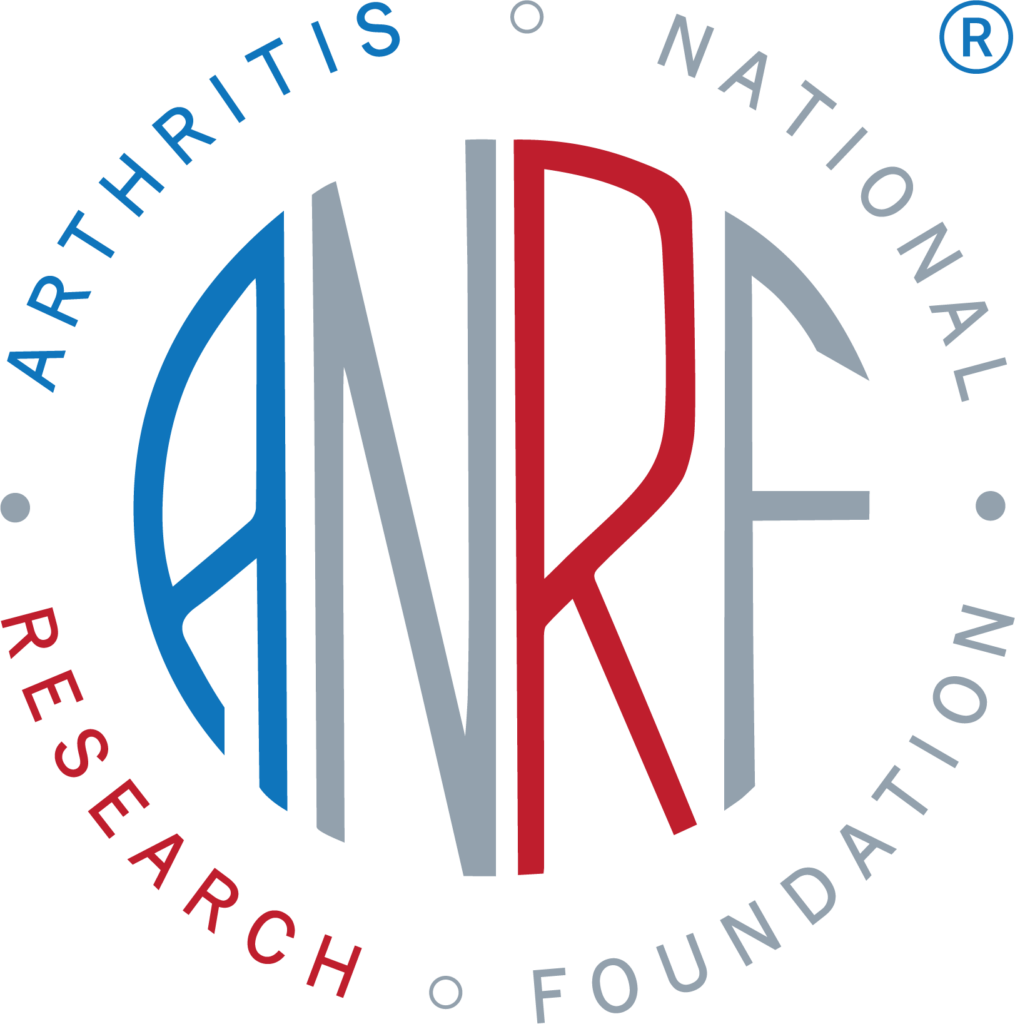Biography
As a physician scientist I have the unique opportunity to view scientific and medical challenges from different perspectives and develop important basic and translational approaches to those challenges.
My postdoctoral work has laid a foundation and created a system in which I can study the mechanistic role of viral infections in development of autoimmunity. We have created a model of lupus-like disease in the neonatal MRV infection system in which TLR7 stimulation results in systemic autoimmunity. Using this model, my lab is uniquely situated to understand the transition from healthy to limited autoimmunity, then to systemic autoimmunity. Moreover, as a pediatric rheumatologist with an independent research program and unique model of virus-induced autoimmunity, I have the rare opportunity to translate my bench and animal study findings to disease in the patients that I see in clinic.
Research Summary:
The cause of systemic lupus erythematosus (SLE) remains unknown. Viral infections have been proposed to contribute to the onset of SLE but few studies have looked at how viral infection early in life predisposes some people to developing SLE. Human roseoloviruses, which cause a common childhood infection called roseola, have been studied in patients that have SLE but most people are infected as children and have minimal illness. This makes it difficult to prove roseoloviruses as a cause of SLE. Interestingly, studies show that people with SLE develop autoantibodies and immune dysregulation years before other symptoms, suggesting that events early in life may act as predisposing factor.
We found that infection of mice with murine roseolovirus (MRV) early in life results in development of autoimmune disease. Moreover, these mice develop a lupus-like disease when given a chemical that stimulates a protein that senses viral infection called toll-like receptor 7 (TLR7). This suggests that early infection with MRV predisposes mice to autoimmunity and an abnormal response to TLR7 stimulation, resulting in lupus-like disease.
We will study how MRV infection early in life leads to long-term changes in T and B cells, both of which play an important role in SLE. Furthermore, we will evaluate what is different about how T and B cells respond to TLR7 stimulation after MRV infection. We will use this knowledge to study how T and B cells respond to TLR7 stimulation in patients who have developed autoantibodies but have not yet developed SLE. Taken together, we have found an exciting new way to study how roseoloviruses, a common infection in humans, skews the development of the immune system toward autoimmune disease and SLE.






